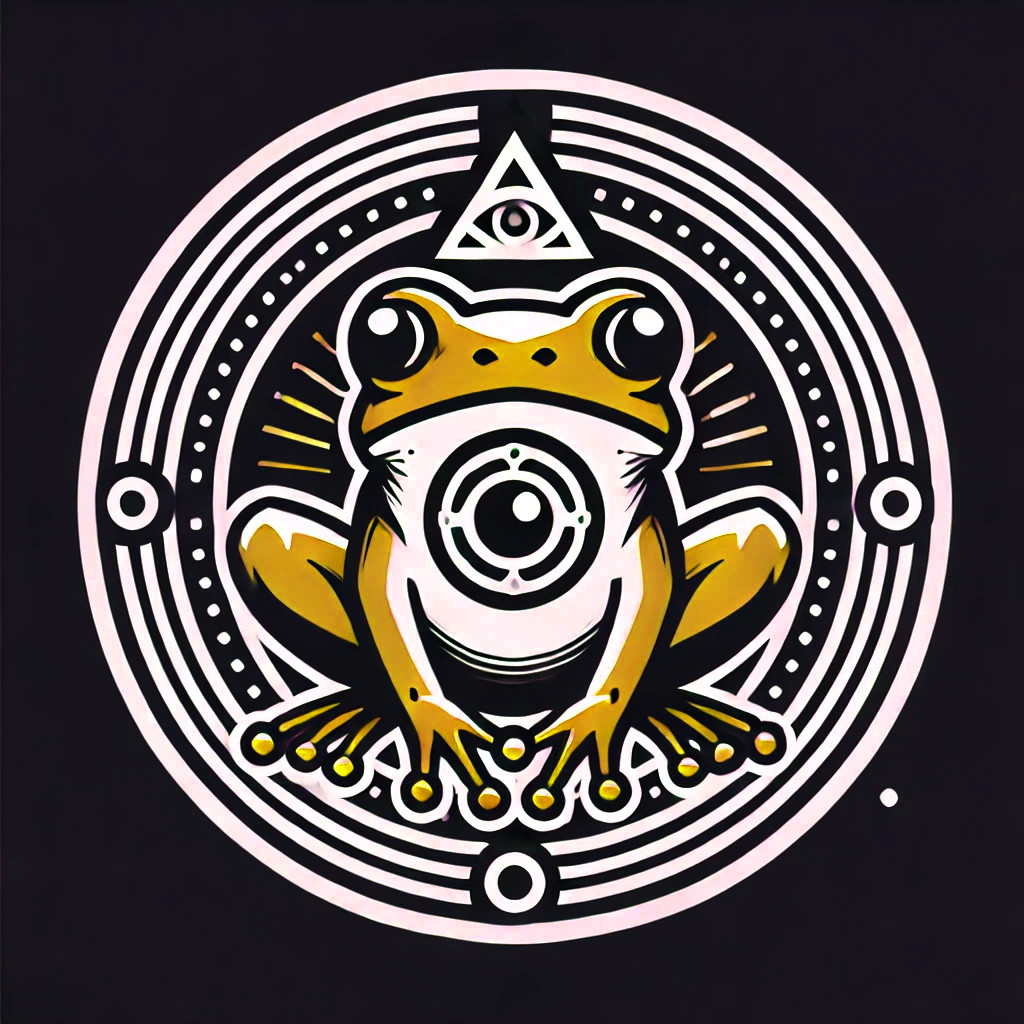In VivziePop’s animated series Hazbin Hotel, Angel Dust stands out as a character whose flamboyance, humor, and chaotic energy belie a complex psychological and philosophical profile. Beneath the surface of this charismatic and sharp-tongued character lies a tension between hedonism and humanity, vice and vulnerability. This tension not only shapes Angel Dust’s identity but also serves as a microcosm for larger existential themes.
The Embodiment of Excess and Escape
Angel Dust, whose real name is Anthony, represents a vivid caricature of excess. As a former adult film star and current denizen of Hell, he revels in the vices that define his existence—substance abuse, sexual indulgence, and a carefree attitude toward violence. This hedonistic lifestyle is a clear manifestation of the philosophy of Epicureanism taken to an extreme. Epicureanism posits that the pursuit of pleasure, particularly the absence of pain, is the primary goal of life. However, in Angel Dust’s case, this pursuit is perverted into a cycle of escapism, where pleasure is sought not for fulfillment but as a means to numb deeper emotional wounds.
This cycle of excess can be analyzed through the lens of psychoanalytic theory, particularly the concept of the pleasure principle, as introduced by Sigmund Freud. Freud argued that the pleasure principle drives individuals to seek immediate gratification of desires, often at the expense of long-term well-being. Angel Dust’s indulgences are clearly symptomatic of this principle, as he chases fleeting highs to avoid confronting the underlying pain of his existence—his strained familial relationships, his exploitation by others, and the dehumanizing nature of his profession.
The Masks We Wear: Performance and Identity
Angel Dust’s flamboyant persona raises questions about the nature of identity and the roles we play in society. His exaggerated femininity, biting wit, and sexual confidence are all aspects of a performance—a carefully crafted mask that shields his more vulnerable self from the world. In existentialist terms, this can be seen as an example of “bad faith,” a concept introduced by Jean-Paul Sartre. Bad faith occurs when individuals deceive themselves to avoid confronting uncomfortable truths about their existence. By fully embracing his role as a hyper-sexualized, carefree hedonist, Angel Dust avoids facing the despair and alienation that pervade his existence in Hell.
However, the cracks in this mask are evident. Moments of vulnerability, particularly in his interactions with characters like Charlie and Vaggie, reveal a deeper longing for acceptance and connection. This duality—between the mask and the self—reflects the existential tension between essence and existence. While Angel Dust’s outward persona is defined by the expectations and judgments of others, his true self remains obscured, struggling to assert itself in a world that sees him only as a commodity or a source of entertainment.
The Struggle for Redemption and Meaning
Despite his outward rejection of conventional morality, Angel Dust’s involvement in Charlie’s rehabilitation project hints at an underlying desire for redemption. Charlie’s mission to rehabilitate sinners and grant them a chance at redemption is a Sisyphean task in a place like Hell, where sin is the status quo. Yet, Angel Dust’s willingness to participate in this project, albeit cynically at times, suggests a glimmer of hope that he, too, might find meaning beyond his vices.
This struggle can be viewed through the prism of existentialism, particularly the works of Albert Camus. In The Myth of Sisyphus, Camus describes the absurd hero who, despite knowing the futility of his efforts, continues to strive for meaning in an indifferent universe. Angel Dust’s participation in the rehabilitation project mirrors this struggle. Though he is acutely aware of the absurdity of seeking redemption in Hell, his actions imply a desire to rebel against the meaninglessness of his existence—to find or create meaning where none inherently exists.
Conclusion: The Human Condition in Hell
Angel Dust is a character defined by contradictions. He is both a performer and a person, a hedonist and a victim, a cynic and a seeker of redemption. His story reflects the broader human condition, particularly the tension between our desires and our search for meaning. In Hell, where sin is both a currency and a curse, Angel Dust embodies the struggle to maintain one’s humanity in the face of overwhelming dehumanization.
Psychologically, Angel Dust’s character is a study in the ways we cope with trauma and alienation—through masks, through excess, and through the pursuit of fleeting pleasures. Philosophically, he represents the existential dilemma of living in a world that often seems devoid of inherent meaning or morality. Yet, despite the bleakness of his surroundings, Angel Dust’s journey suggests that even in the darkest of places, there remains a flicker of hope—the possibility that, through our actions and choices, we can carve out a space for redemption, connection, and meaning.
In the end, Angel Dust’s story is not just about a sinner in Hell; it’s about the human experience in all its complexity, with its highs and lows, its masks and its truths, and its eternal quest for something more.

